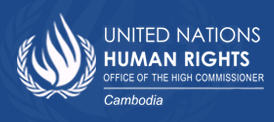
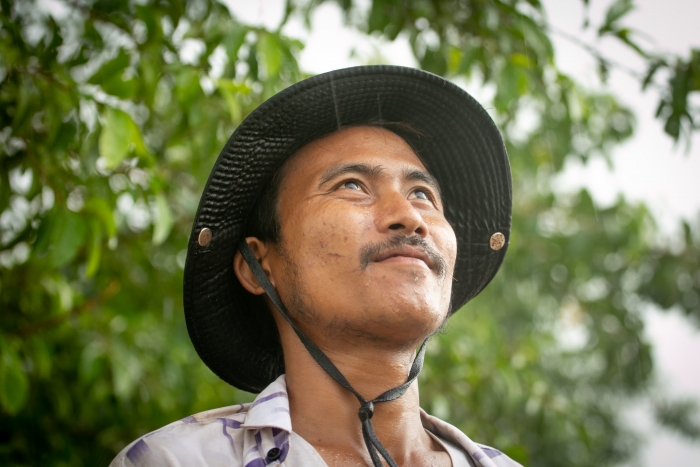
Sarin Chan is watching his world disappear.
But instead of witnessing the slow death of the life-giving forests his Chong indigenous community rely on for so much – tradition, food, income and spirituality – the 26-year-old has been fighting back.
“Our lives depend on our forests. [But] we are starting to lose them. In the next 10 years or so they might be gone.”
Chan has been working with members of his community to protect the forests in his land in Preah Vihear since 2015.
“I started seeing how our forests were losing diversity, not only affecting myself but the livelihood of my entire community.”
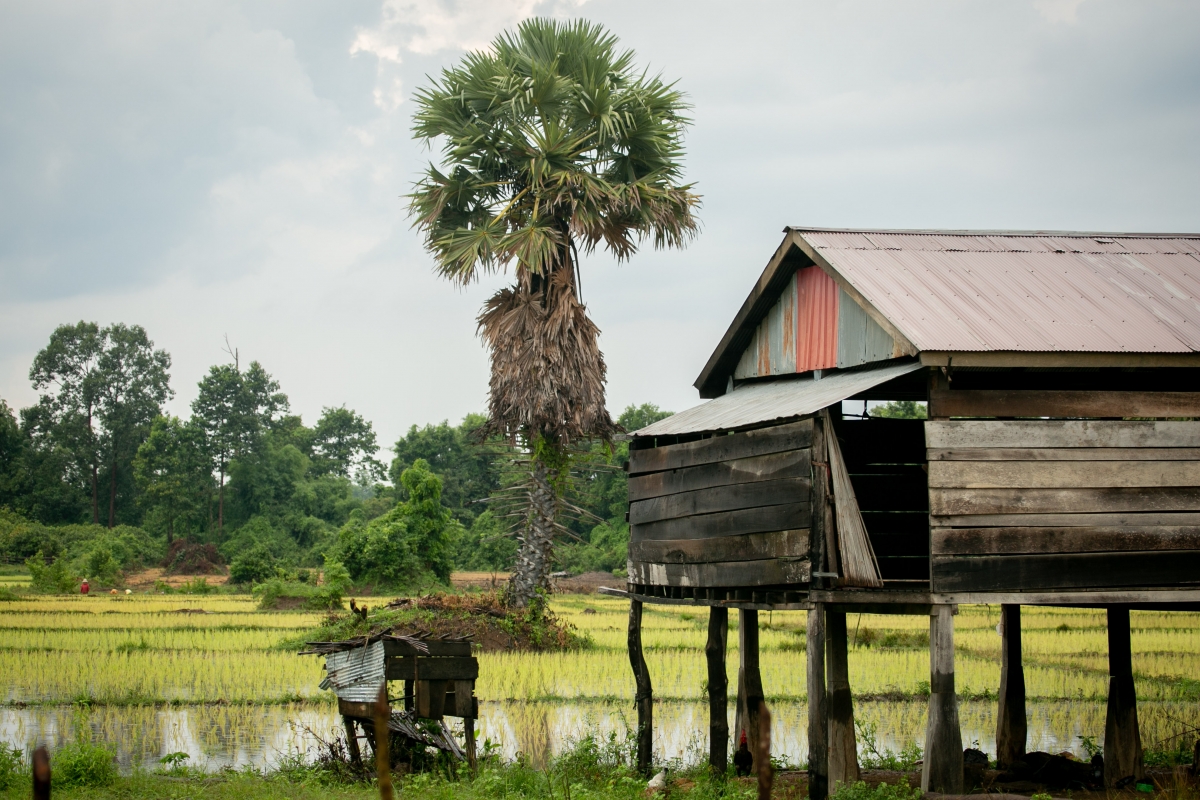
Protection work has included patrols of native indigenous forests with others from the community, as rampant deforestation has happened at breakneck speed in Cambodia.
During 2021 Cambodia lost 140,000 hectares of natural forest according to Global Forest Watch, a global data base helping monitor and protect forests around the world; the same environmental watchdog says Cambodia has lost 28 per cent of tree cover in the country from 2001 to 2020 alone. Some years have seen the country lose as much as 2.7 per cent of its entire forest.
The drastic loss has led to growing environmental activism; Unfortunately, Chan has found activism comes with a price. Authorities often take heavy-handed tactics to move activists out of the way of commercial work – and to send a message. There have been frequent reports by UN bodies and others of police brutality and intimidation of activists. April marked the ten year anniversary of the killing of environmental activist Chut Wutty, who was shot dead while working to expose illegal logging networks.
Chan attended a five-day UN Human Rights Cambodia training in Siem Reap in March 2022, aimed at supporting human rights defenders to learn about human rights advocacy and safety. Those in attendance were from a range of backgrounds but had something in common: many have been accused of being members of the opposition simply for advocating for human rights.
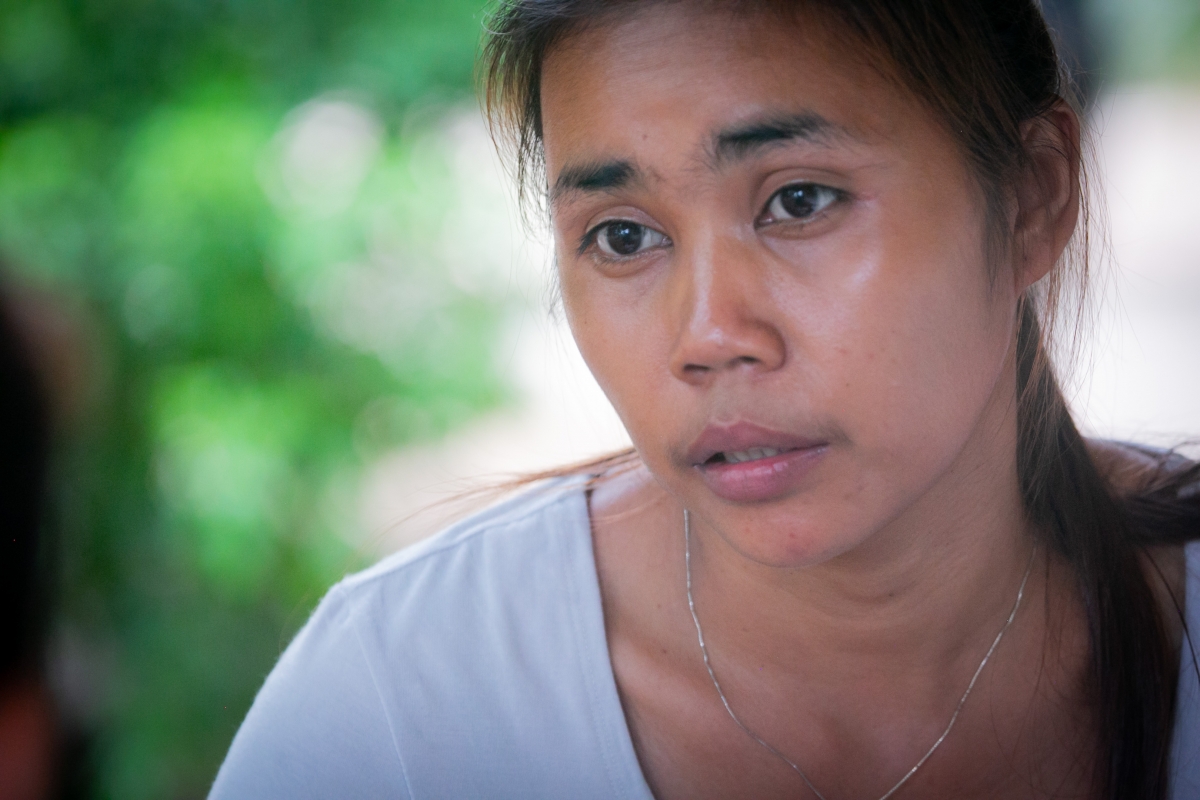
Women’s Committee of Siam Reap’s work union rights activist Naren Sok has faced similar accusations – however, the 35-year-old woman found this was the case with her own family.
“My parents didn’t support me. I wanted to cry. They thought I was against the government and they asked me to stop,” she says.
Sok used to work at a hotel in Siem Reap – but after her employers cut her salary in half due to COVID-19, she became more active as vice president of the union. She says she and some colleagues pushed back, asking for a smaller pay cut of 20 per cent. However, she says, this angered management.
“We used to meet to discuss our problems. At the end they accused us of causing trouble against the company and they fired us.”
This started a journey into activism: “I learned about my labour rights once I joined the union. Women suffer discrimination [in their workplaces]. Before engaging I didn’t understand that. Now I do.”
UN Adviser on Protection, Technology and Human Rights David Mark, who led the training, says support is needed for many of Cambodia’s human rights defenders.
“We think is necessary to strengthen the short- and long-term resilience and protection of human rights defenders.”
Activists having met and trained hundreds of human rights defenders over the past year, Mark says many are misunderstood.
“A common one is to claim activists are de facto political opposition members – a serious threat that could lead to similar ‘incitement’ charges that others in Cambodia’s political opposition have faced,” he says.
Currently, dozens of Cambodia’s political opposition members are being tried in court on dubious charges of incitement and treason.
“The people we trained work tirelessly to defend the environment, indigenous communities, labour rights and journalistic freedoms. Yet, they face threats, violence, legal harassment and often lack support from their communities.”
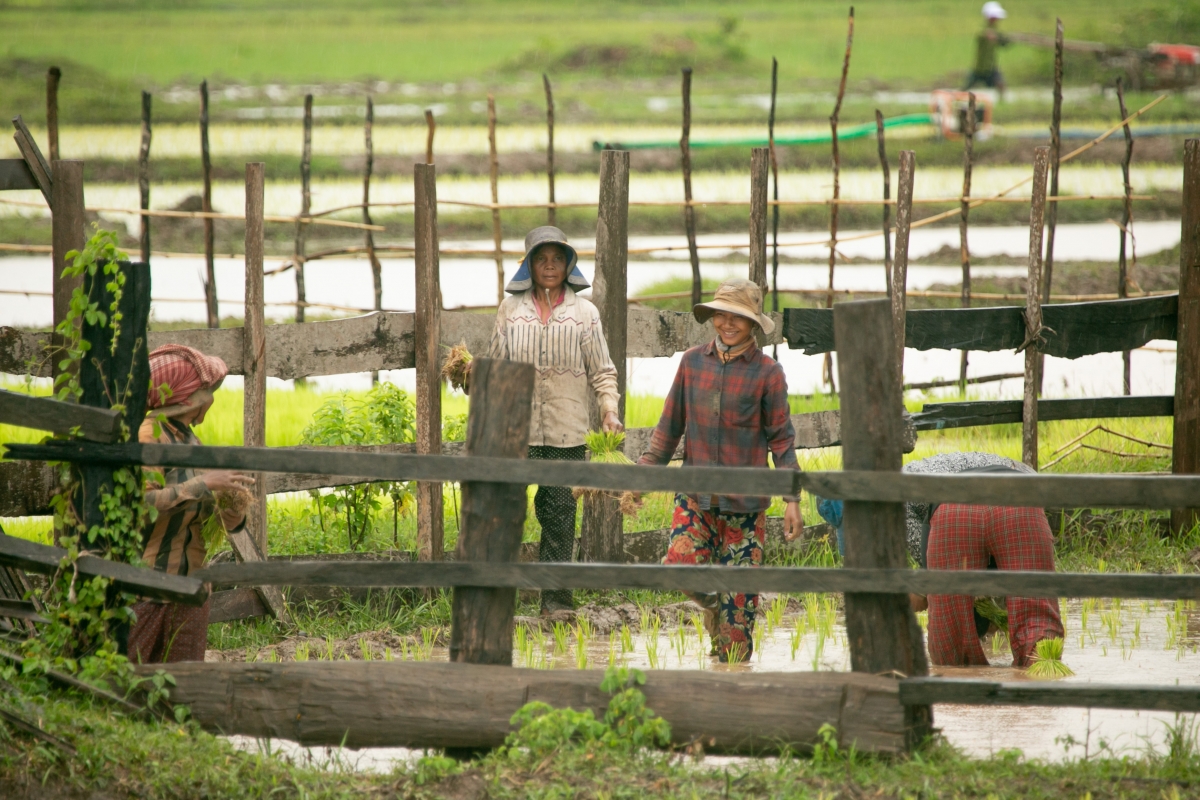
Through different lessons and real case activities, participants were taught a wide range of new tools to be used in their human rights work in the field – as well as to create a “support community” amongst themselves. Participants also learned about their rights as human rights defenders, including their rights to freedom of expression, association and assembly.
Chan says the training has given him more tools – and more confidence – to continue on his activism journey, confident in the knowledge he is entitled to defend his rights, and the rights of others.
Sok says she will share safety lessons from the training with her union colleagues. She also has a special message for young women:
“I would like to encourage women to participate in society work. Even though your family says you can’t because you are a women, don’t stop believing in yourself.”
Watch videos of Chan here